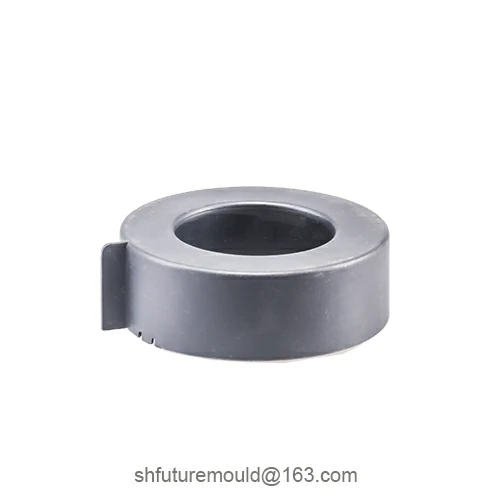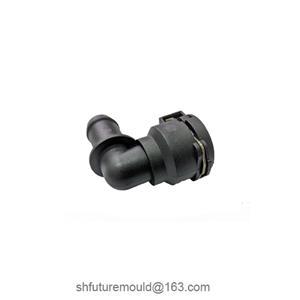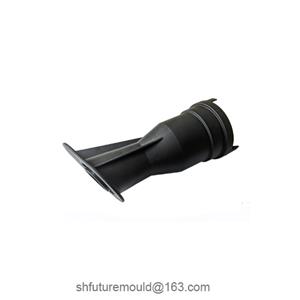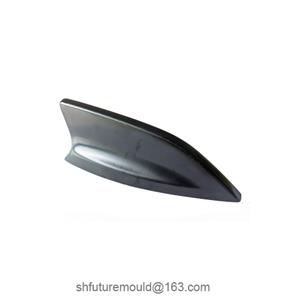How to Determine the Number of Cavities Required for an Injection Mold
The number of cavities in an injection mold directly impacts production efficiency and cost control, making it a critical decision during mold design. Determining the optimal cavity count requires a comprehensive analysis of product characteristics, equipment capabilities, cost-effectiveness, and other multidimensional factors.
1. Injection Mold Cavity Count and Production Demand
When determining the number of cavities for an injection mold, the primary consideration is production demand and market requirements. For high-volume products, a multi-cavity injection mold can significantly enhance production efficiency.
2. Injection Mold Cavity Count and Production Costs
The number of cavities also directly affects production costs. While multi-cavity injection molds improve output, their design and manufacturing costs are higher. Factors such as machining complexity required injection machine tonnage, and long-term maintenance costs all increase with the number of cavities.
3. Injection Mold Cavity Count and Product Quality
Beyond production demand and costs, the cavity count influences product quality. Designing a multi-cavity injection mold requires uniform filling and consistent cooling across all cavities. Significant variations between cavities may lead to inconsistent product quality. To mitigate this, precise temperature control design and runner system optimization are essential for the injection mold.
4. Injection Mold Cavity Count and Production Cycle
A multi-cavity injection mold typically shortens the per-cycle production time, boosting efficiency—crucial for mass production. However, excessive cavities can complicate mold design and manufacturing, potentially extending lead times. For projects with strict cycle time requirements, balancing cavity count and production timelines is critical during injection mold design.
- Injection Mold
- Automotive Injection Mold
- Electronics & Electrical Injection Mold
- Consumer Goods Injection Mold
- Airplane Components Injection Mold
- Medical Components Injection Mold
- Irrigation Components Injection Mold
- Injection Molds




